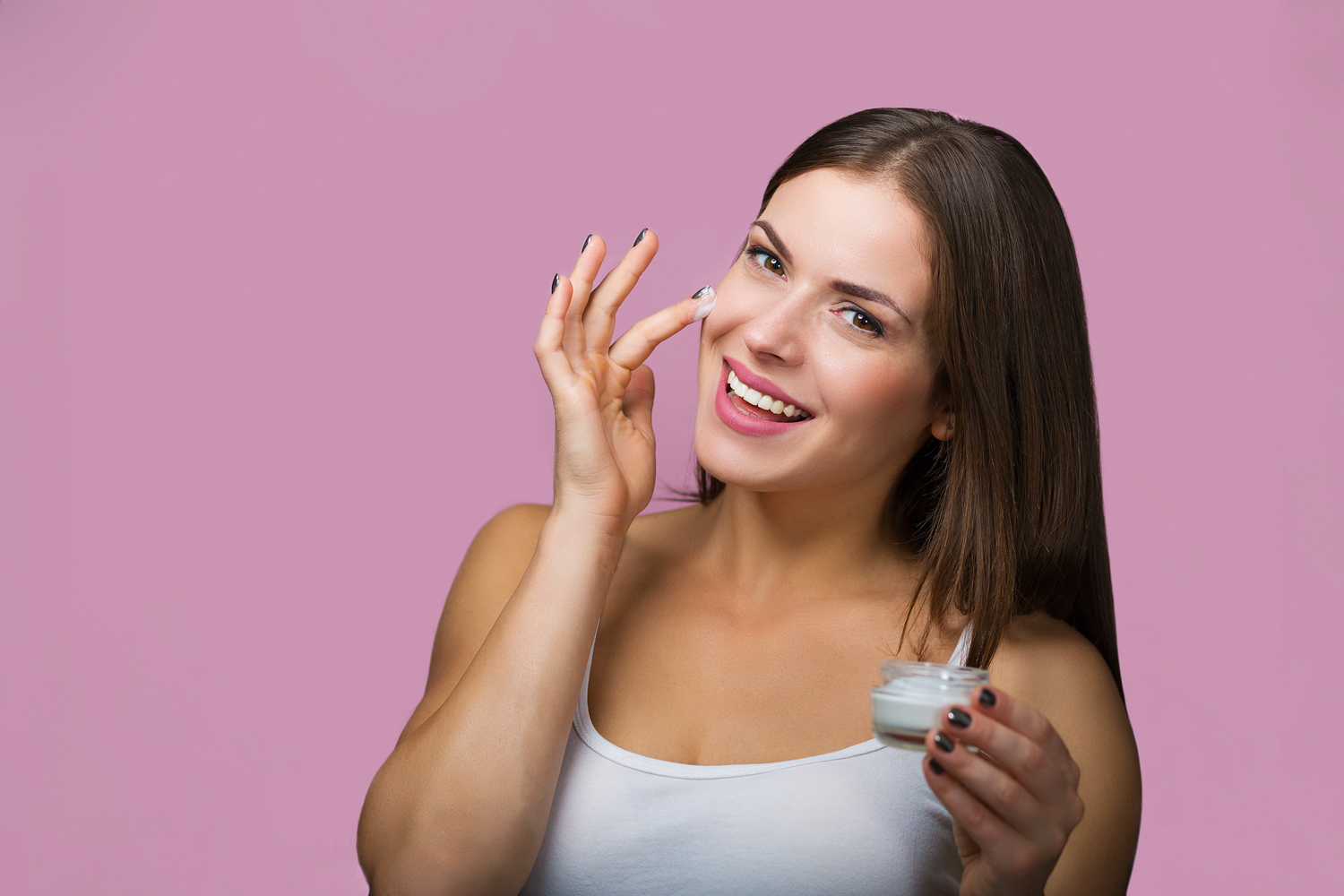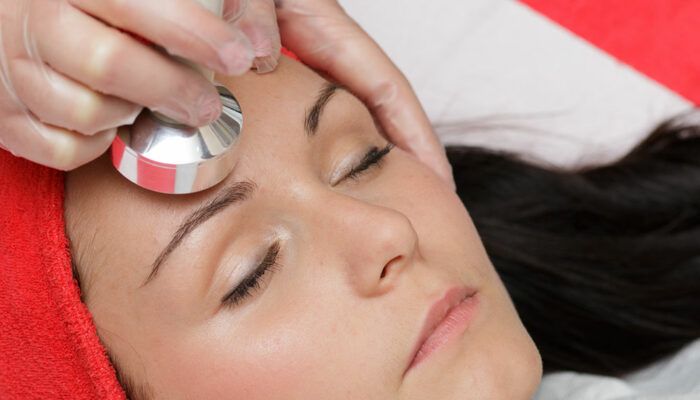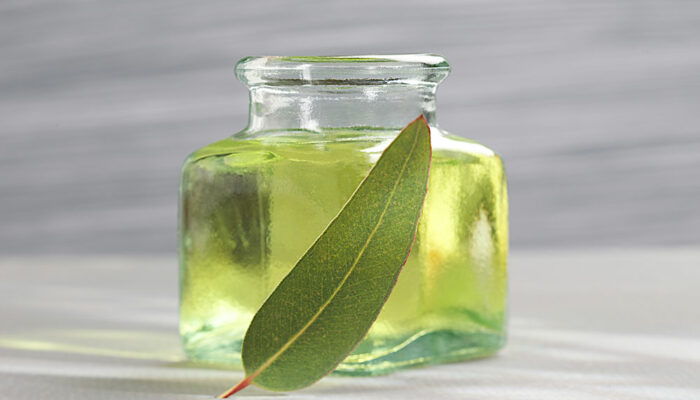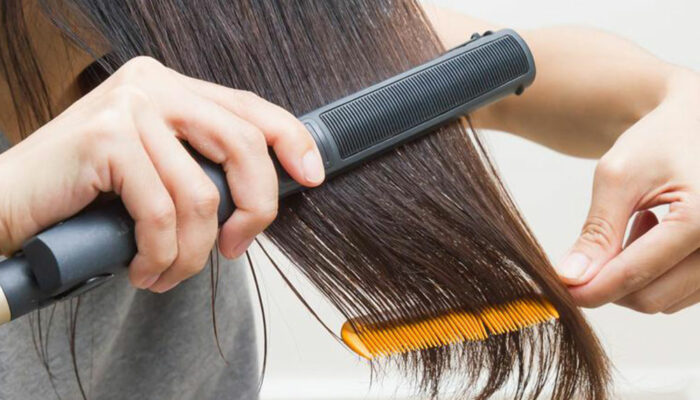
The Best Skin Care Regime for Psoriasis and Eczema Prone Skin
Psoriasis is a chronic inflammatory skin disease that causes red, scaly, itchy patches to form on the skin’s surface. Typically found on the scalp, knees, elbows, and shins, eczema is another common skin condition that causes dry and itchy rashes on the hands and feet. These conditions can be challenging to manage because they affect your entire body—not just the affected areas. You’ll need to take care of your body to manage these conditions. Here are some smart skin care tips for psoriasis and eczema sufferers:
1. Don’t overuse cortisone creams
Cortisone creams can be very effective at reducing inflammation. Still, they also have side effects, such as causing thinning of the skin, which could cause increased sensitivity to sunlight and other irritants. It’s therefore important not to overuse them and only apply them as prescribed by the doctor (at most twice a day).
2. Use hydrating products
Using moisturizers on eczema-prone skin is essential to keep it hydrated. Many people with eczema find their skin very dry and tight after washing. It is because they have damaged the protective layer of oil on their skin from overwashing or using harsh soaps or shower gels. A good quality moisturizer will restore moisture levels and keep your skin soft and supple.
3. Focuses on soothing ingredients
If you have these skin conditions, you’ll need to choose ingredients that will help soothe the skin. The best way to do this is using products containing constituents like aloe vera, oatmeal, green tea extract, or chamomile. These ingredients will help soothe your skin while also reducing inflammation and redness. This can be done by adding these products to your daily skincare routine or purchasing an entire kit containing only these types of products.
4. Avoid known triggers
This can help keep your skin looking its best. You can talk to your doctor or dermatologist to help identify things that trigger flares and find ways to avoid them. Some of them include:
Alpha hydroxy acids (AHAs): These are commonly used in exfoliating creams, lotions, or gels. They help to remove dead skin cells from the surface of the skin, but they can also irritate the skin if used too frequently or in high concentrations. It may be best to avoid these products if you have sensitive skin.
Vitamin C: This trigger has long been believed to have anti-inflammatory properties, which may benefit your psoriasis treatments. However, vitamin C can make your skin more sensitive and prone to irritation due to its acidic nature.
Retinol: It’s a form of vitamin A that helps with cell turnover and has been shown to improve acne symptoms. However, it can also irritate sensitive skin and should be avoided if you have dry or irritated patches on your face.
5. Minimize itchiness and irritation
Itching can be a major problem for anyone with psoriasis or eczema. It can also cause excessive dryness, leading to cracking and bleeding in some cases. Luckily, to avoid this problem, use conditioners regularly to keep your skin hydrated without causing any irritation. If you find yourself struggling with severe itching even after applying moisturizer, try applying a light oil such as jojoba oil or coconut oil instead of cream or lotion for a few days until the itching subsides completely.
The best skin care regime for psoriasis and eczema treatments starts with a good skincare routine that doesn’t overload it. Paying attention to these items is a brilliant place to start when treating and preventing flare-ups of psoriasis and eczema-prone skin. You will have clear, glowing, and healthy-looking skin by applying these tips, including face wash, to your daily regimes.



